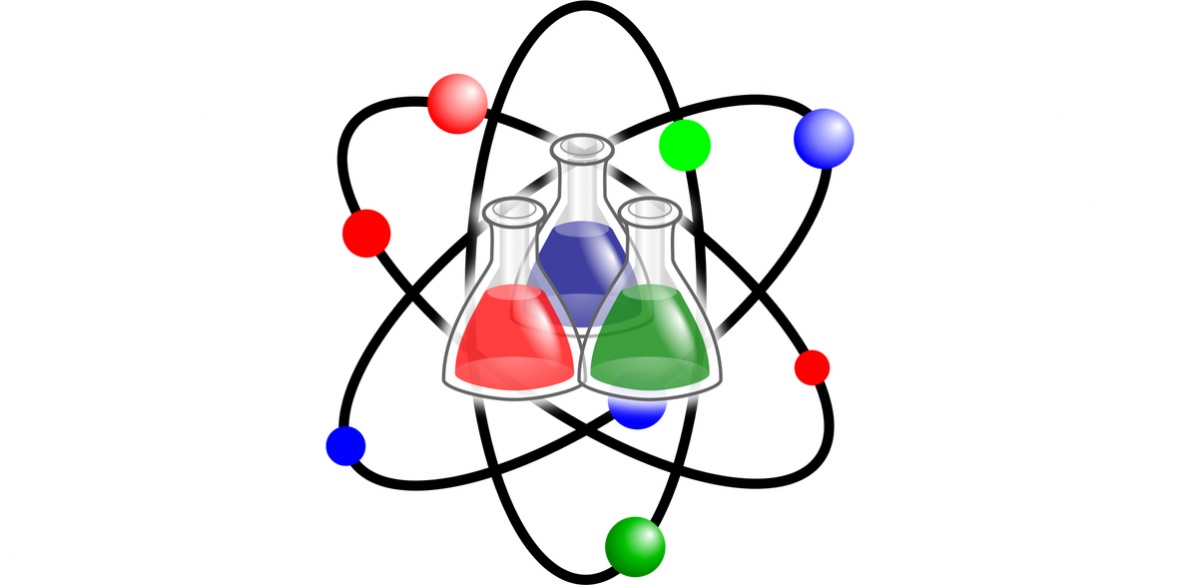This is the last article you can read this month
You can read more article this month
You can read more articles this month
Sorry your limit is up for this month
Reset on:
Please help support the Morning Star by subscribing here
MARXISM is often claimed to be a science. And socialism – the goal and the struggle to achieve it – based on Marxism is sometimes claimed to be “scientific socialism.”
In response many socialists – including Marxists – are uneasy about the term “scientific,” either because it equates the status of both the theory and practice of socialism to that of the natural sciences – physics, chemistry, earth science and biology – or, conversely, because it likens Marxism to other “social sciences” including economics, geography, history, sociology, psychology and so on.
As other answers in this series have argued, Marxism is not just an alternative to conventional (or “bourgeois”) economics; it firmly locates all social sciences within a historical framework and provides a way of understanding the whole of society – including artistic and cultural endeavour.
Sometimes this is presented mechanically as the dependency of the social, ideological and cultural “superstructure” on an economic “base.” Both Marx and Engels warned against such economic determinism, emphasising that these two conceptual categories are inseparable and dynamically reciprocal.
But what about Marxism and the natural sciences? Again, as other answers have argued and as emphasised in the excellent new Morning Star fortnightly Science and Society series, Marxism does have something to say about the natural sciences. But it is not itself a “science” like physics or chemistry, either in its theoretical approach or in its methodology.
At this point it is worth distinguishing between induction and deduction. Induction involves making a generalisation from a set of specific observations. This allows the formulation of an hypothesis (an explanation or prediction) which, if not contradicted by further observation, becomes incorporated in a body of theory. Deduction works the other way around – start with a generalisation (a theory), produce a hypothesis about what will happen in a particular situation, then test this hypothesis through further observations, sometimes involving experiments.
The two processes of induction and deduction (if you like, “bottom up” and “top down” approaches to scientific reasoning) are inseparable. They lead to a progressive refinement of theory as the best explanation, generally supported by the scientific community, of observations to date.
As Engels declared: “Induction and deduction belong together as necessarily as synthesis and analysis […] we should seek to apply each of them in its place, and that can only be done by bearing in mind that they belong together; they supplement each other.”
We should also recognise that all scientific research is framed by paradigms – mental models of the way the world works. Scientific paradigms determine the questions that are asked, the tests that are applied and the way the results are interpreted.
Marx himself never claimed that Marxism was a science in the same way that the “experimental” sciences like physics or chemistry are sciences. Nor did he ever claim that “scientific socialism” (or what, following Engels, came to be known as “Marxism”) was infallible.
Engels declared that while science itself could progress “from lower to ever higher levels of knowledge” it (science) could never discover “so-called absolute truth, a point at which it can proceed no further.”
Today that position is broadly accepted by all philosophers of science as well as by scientists themselves. If that applies to the natural sciences it applies with at least equal force to Marxism.
So what is the basis for claims for a “scientific” socialism with Marxism as its theoretical basis?
“Scientific socialism” is a translation from the German of “wissenschaftlich sozialismus.” “Wissenschaft” is a concept broader than “science,” incorporating research, theory, understanding and competence.
That’s why you can have “Kunstwissenschaft” in German but not “scientific art” in English. So Marx certainly did not mean “scientific” in the narrow sense that it is often used today.
Engels’s Socialism: Utopian and Scientific (1880, in German Die Entwicklung des Sozialismus von der Utopie zur Wissenschaft – literally “the development of socialism from utopia to science”) was written to challenge the idealistic and perfectionist socialists of his day who, he said, “do not claim to emancipate a particular class to begin with, but all humanity at once” and who saw socialism as “the expression of absolute truth, reason and justice, [which] has only to be discovered to conquer the entire world by virtue of its own power.”
In an exchange with the anarchist Bakunin Marx himself declared that he had used the term “scientific socialism” “only in opposition to utopian socialism, which wants to attach the people to new illusions, instead of limiting its science to an understanding of social arrangements made by people.”
Lenin, and after the revolution, Stalin, both frequently used the term “scientific socialism,” the latter often in relation to the construction of the Soviet state, to mean a society governed by “scientific” principles – the sense in which it was originally coined by the anarchist Pierre-Joseph Proudhon in 1840, 40 years before its adoption by Engels.
So: is Marxism – “scientific socialism” – scientific?
The answer is no — at least, not in the same senses as the natural sciences are “scientific.” It is not an experimental science in which successive hypotheses are “tested” in order to elaborate a body of theory which interprets the natural world.
And, importantly, it is not infallible. But then, as other answers in this series have shown, neither are the natural sciences.
But what the natural sciences and Marxism do have in common (and why Marxism has had such a significant influence on all the social sciences today) is that their approach is both materialistic and dialectical. They both take as their starting point that the world, the universe, “nature,” actually exists. Beyond this, they hold that all phenomena – including consciousness – are ultimately the outcome of (though not reducible to) material processes and that humans can, in principle, understand that world – often incorrectly and never completely, but that over time we can collectively work towards a better knowledge of what reality is and how it functions.
And they both seek to go beyond the outward or immediate appearance of things, to analyse and understand their underlying nature, the way they came into being, how they operate in a complex system, in interaction with other phenomena, and how they change over time.
As Marx himself famously said: “All science would be superfluous if the outward appearance and the essence of things directly coincided.”
And, even more succinctly: “the taste of the porridge does not tell you who grew the oats.”
So the answer is also a qualified “yes.” Marxism is both a method for analysing the world and a body of knowledge, always to be tested against reality – a reality which includes our experience of trying to change the world as well as interpret it (including the successes and failures of socialism).
It provides a more powerful means of understanding and changing the world than an appeal to utopian visions of the future; it offers the basis for a fairer and more rational way of organising society than one based on the self-interest of a powerful elite, and it makes possible a more grounded morality than one based on metaphysics or religious “givens.”
A Marxist approach can provide the basis for the most rigorous understanding of the way that humans have changed this world, have ourselves developed, as a species and in society, and of the way we can try to build a better, more peaceful, more equal, more just and more sustainable planet.
And, importantly, it is always being developed, in theory and in practice, in the light of experience – an endeavour to which we can all contribute.
Past answers in this series can be found on the Marx Memorial Library website on tinyurl.com/MarxistQA.








